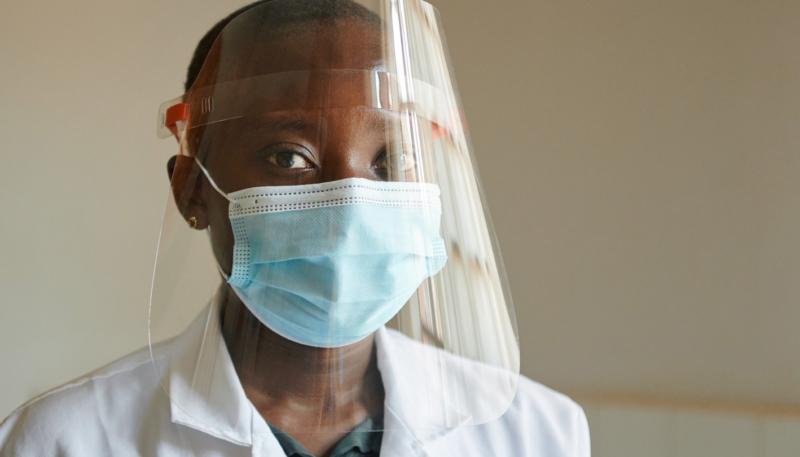On World AIDS Day, Apple is highlighting its PPE donations to Zambia to help against the fight against COVID-19 and HIV in the Southern-Central African country.
This year, COVID-19 drastically changed the landscape of healthcare, and the Global Fund, which coordinates these shipments to help fight AIDS, tuberculosis, and malaria, had to react quickly to respond to this second pandemic. It established the COVID-19 Response Mechanism, which is adapting existing Global Fund programs so that people receiving lifesaving treatments, including lifelong antiretroviral therapy, can continue to do so safely.
Apple began working with (RED) in 2006 and has launched dozens of products and accessories through the campaign, including the latest iPhone 12 and iPhone SE (PRODUCT)RED models. As a result of those sales, Apple and its customers have raised almost $250 million toward the Global Fund’s efforts in sub-Saharan Africa. As COVID-19 spread across the world, Apple redirected (PRODUCT)RED proceeds toward the Response Mechanism and will continue to do so until June 30, 2021. Apple also donated millions of units of personal protective equipment (PPE) to the Ministry of Health in Zambia. That includes both surgical face masks Apple sourced from its supply chain as well as face shields designed and produced by Apple.
The Apple press release highlights the impact that the company’s PPE provisions have made in cutting down on the transmission of coronavirus infections among patients at HIV clinics in Zambia. COVID-19 disproportionately kills people with preexisting conditions, meaning patients have been afraid to go to health facilities for their daily antiretrovirals (ARVs), supplied through the Global Fund. PPE provision has physically and mentally helped protect both workers and patients, allowing the fight against HIV/AIDs and coronavirus to continue.
“This provision of PPE will go a long way in cutting the transmission of infections,” says Mwanza, who has seen COVID-19 severely impact her clinic, especially for the HIV patients receiving antiretroviral treatment. “The biggest challenge right now is that people stopped coming for follow-ups because they felt they would interact with people that had COVID-19.”
“People are now afraid to go to health facilities,” says Yoram Siame is head of Advocacy, Planning, and Development with the Churches Health Association of Zambia (CHAZ), the largest nongovernmental health provider in the country. “This is a very big issue for people living with HIV because when you talk about COVID-19, it disproportionately kills people with preexisting conditions. So how do you ensure that people on lifelong treatment are supported? At the same time, how do they come to a health facility with an assurance that they are safe? So it’s a bit of a difficult balancing act.”
“The Global Fund has been a game-changer,” says Siame. “We were able to repurpose some of the money for personal protective gear for health workers, we ramped up our [COVID-19] testing capacity, and we were able to respond at a community level to make people understand what COVID-19 meant for them and their families.”
For more information, pictures, and video about the work of the Global Fund in sub-Saharan Africa, visit the Apple Newsroom.


